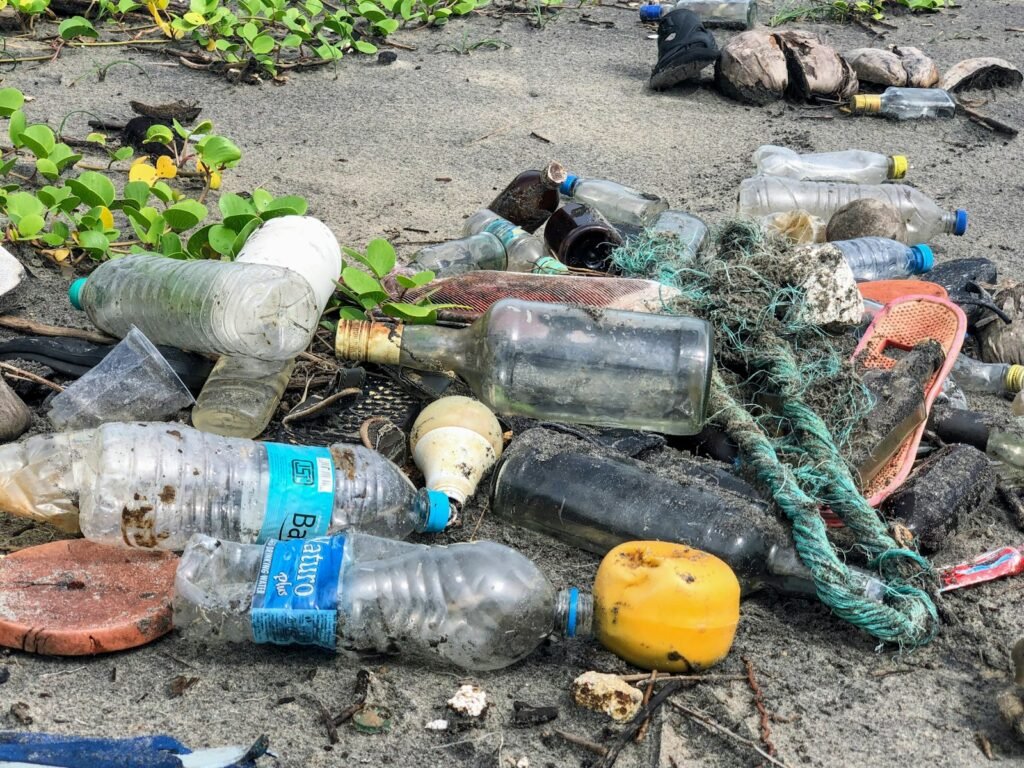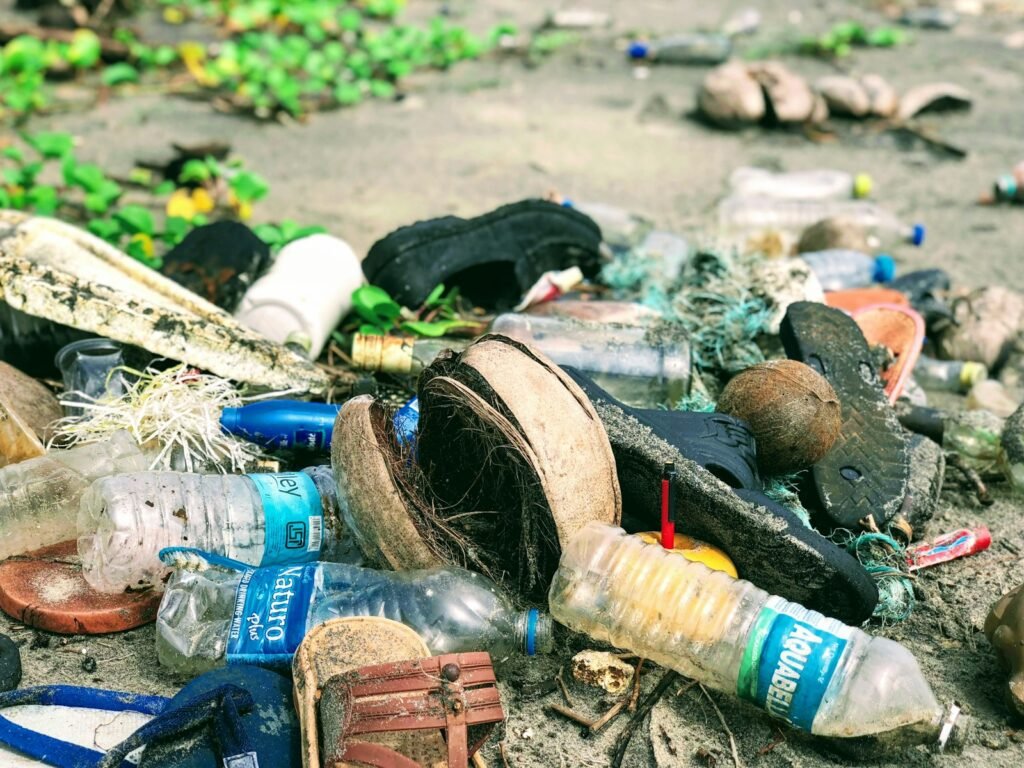In a world where small changes can make a big difference, it’s amazing how easy it is to live more sustainably — without making drastic lifestyle shifts. In this article, we’ll share seven simple habits that help you become more eco-friendly in your daily life.

Introduction
The truth is, becoming more eco-friendly doesn’t require a complete overhaul of your routine — it just takes small, consistent changes. In this article, we’ll share seven simple habits that help you live more sustainably without making big changes to your daily life.
1. Reduce Single-Use Plastic
Single-use plastics are one of the biggest contributors to environmental pollution. By reducing your use of plastic bags, bottles, and packaging, you can significantly cut down on waste and harm to marine life.
- Bring your own reusable shopping bags, water bottles, and food containers.
- Avoid plastic packaging by choosing products with minimal or recyclable packaging.
2. Choose Sustainable Shopping
Sustainable shopping is about making choices that support ethical and eco-conscious brands. By buying second-hand, supporting local businesses, and opting for durable, long-lasting products, you can reduce your environmental impact.
- Buy second-hand or used items instead of new ones.
- Support local artisans and eco-friendly businesses.
- Choose products that are made to last rather than being disposable.
3. Reduce Water Usage at Home
Water conservation is a key part of living sustainably. By reducing your water usage, you help lower energy use and reduce pollution from wastewater treatment.
- Fix leaks promptly to prevent wasted water.
- Use water-saving fixtures like low-flow showerheads.
- Take shorter showers and turn off the tap when brushing your teeth.
4. Go Paperless
Going paperless reduces deforestation, energy use, and waste. By using digital tools for bills, documents, and communications, you can make a meaningful impact on the environment.
- Use e-bills, electronic invoices, and email instead of printing them.
- Store your documents digitally instead of keeping paper copies.
5. Compost Food Waste
Food waste is a major problem that contributes to greenhouse gas emissions and landfill pollution. By composting food scraps, you can reduce waste and create nutrient-rich soil for gardening.
- Separate organic waste from regular trash.
- Use a compost bin or join a community compost program.
6. Reduce Energy Consumption
Energy use is one of the largest contributors to environmental harm. By reducing your energy consumption, you can lower your carbon footprint and save money on utility bills.
- Turn off lights and electronics when not in use.
- Use energy-efficient appliances and LED bulbs.
- Unplug devices when they’re not needed.
7. Support Eco-Friendly Products and Brands
Choosing eco-friendly products means supporting companies that prioritize sustainability, ethical production, and environmental responsibility. Look for certifications like B Corp, Fair Trade, or EPA labels to help you make informed choices.
- Look for brands with eco-friendly materials or ethical production practices.
- Read reviews and check company values before making a purchase.
Conclusion: Small Changes, Big Impact
These seven simple habits are easy to implement and can make a significant difference in your environmental footprint. Start small, be consistent, and remember — every small step counts toward a more sustainable future.







